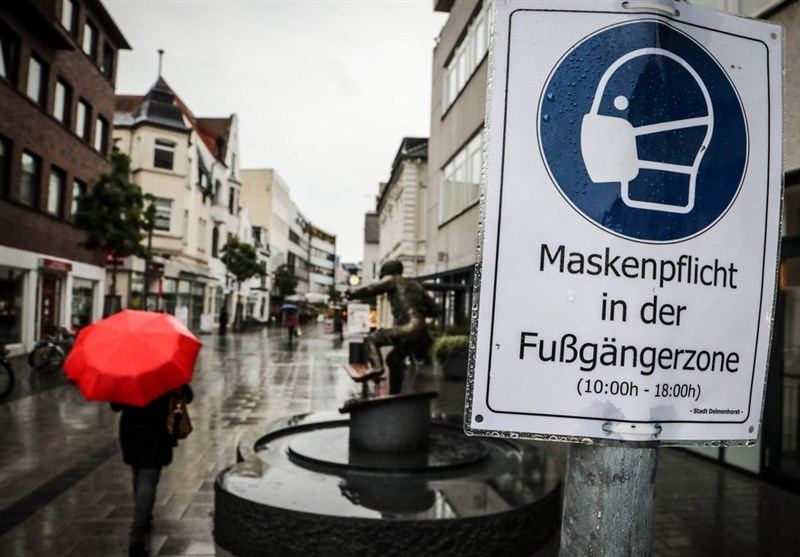[ad_1]

Germany’s seven-day coronavirus incidence rate has fallen to 96.5 per 100,000 people, below the benchmark of 100 for the first time in two months, the Robert Koch Institute (RKI) said Friday, Trend reports citing Xinhua.
A week ago, the rate still stood at around 126. A stable seven-day incidence of less than 100 is a condition for lifting the nationwide COVID-19 “emergency brake” restrictions, which include night-time curfews and the closure of non-essential shops, restaurants and leisure facilities in high-incidence areas.
The sharp drop in the incidence rate in the past three weeks was “very encouraging, it gives confidence,” Minister of Health Jens Spahn said on Friday.
Infection numbers across Germany still varied widely, Spahn stressed. While some regions in northern Germany recorded incidence rates below 35, other parts of the country still reported values above 200.
The decreasing overall incidence rate and the increasing vaccination rates in Germany were a “good combination,” he said. Should this trend continue, there could be a “good summer.”
Germany set a new record in daily COVID-19 vaccinations as 1.35 million vaccine doses were administered on Wednesday alone, according to the RKI. More than 8.8 million people had been fully vaccinated by Thursday, bringing the country’s vaccination rate to 10.6 percent.
To date, more than 3.57 million COVID-19 infections have been officially registered in Germany since the outbreak of the pandemic. The death toll climbed to 85,848, the RKI reported on Friday.
[ad_2]
Source link